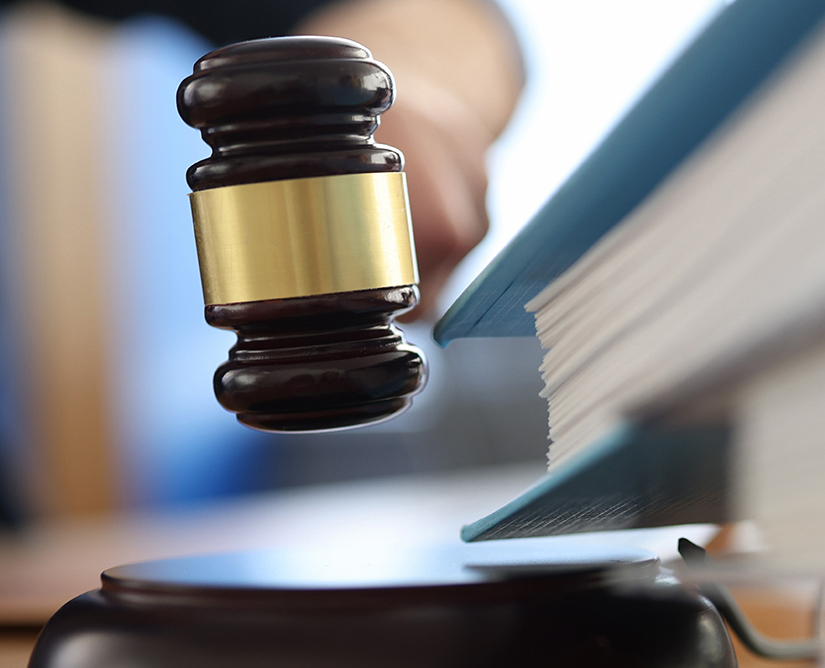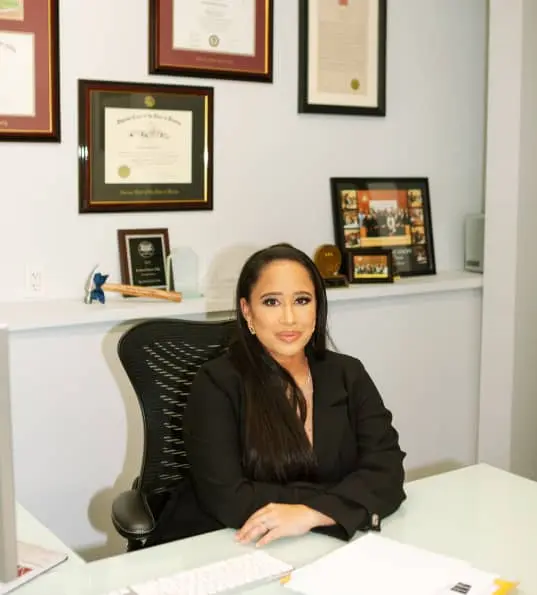Oakland Juvenile Justice System
156+
Reviews







In California, while the dependency system is governed by Welfare and Institutions Code Section 300, the juvenile delinquency system is governed by Welfare and Institutions Code Section 600. California has greatly reformed its juvenile system, such that many cases can be resolved by a form of diversion. A teenager – called a “minor” in the system — is allowed to make an admission to the petition (the equivalent of pleading guilty to a criminal charge) but the final result is delayed for either six months or a year. The minor may go to counseling or do community service, and as long as the minor commits no offenses in the interim period, the petition is dismissed. The minor has no record, even in the juvenile system. This process disposes of more than half the cases that are filed.
It is important to understand that the entire juvenile system and all the court files are confidential. The minor is not referred to by a complete name, but rather by “James S.,” or “Crystal C.” The files are not available to the public at all, the courtrooms are closed and restricted. All of this confidentiality is part of the idea that children must be protected. It also acknowledges that you may do some things while a juvenile, be rehabilitated – the system does not refer to any of its outcomes as “punishment” – and move on with no blemishes. The strict confidentiality ensures that once you are an adult, or actually much earlier, nobody should know what you are going through.
There are exceptions to the confidentiality, though for juveniles prosecuted as adults the lack of confidentiality is the least of their problems. Prosecutors can choose to prosecute juveniles as adults, which can be a matter of great controversy both in the public discourse, and in each individual case. The case can actually be brought directly to adult court in certain circumstances. If a minor is charged with what are called “707(b) offenses,” and if they are 16 years of age or older, the District Attorney can do a “direct file,” taking the case directly to adult court. The minor can challenge that filing at one juncture, the preliminary hearing, trying to persuade the judge (there is no jury at this point) that probable cause exists for the case to be sent to juvenile court. If that challenge succeeds, the case goes to juvenile court. If not, it proceeds at an adult case.
If the minor is 14 years of age or older, the District Attorney can petition the juvenile court for a Fitness Hearing, in which they can attempt to prove factors that lead to the case being transferred to adult court. The issue is whether the minor is “fit” for the treatment and rehabilitation available in the juvenile system, whether they are “amenable” to being dealt with in that way, rather than merely warehoused and punished. Depending on the nature of the offense, the burden of proof varies from fairly easy for the prosecution to extremely hard for them. Both direct filings and fitness petitions are intended to be reserved for the most serious cases.
The levels of treatment in juvenile court go from the lowest, where no petition is filed and you are on a “contract” with a probation officer – to diversion – then all the way to the equivalent of a prison sentence in a juvenile facility. While the California system has reformed a great deal, there still is a California Division of Juvenile Justice, formerly known as the California Youth Authority – the equivalent of the state prison for juveniles. Most of these facilities have now closed (they used to be called “gladiator academies”) and the remaining ones have shifted focus to education and rehabilitation. They still, however, work in crews to fight wildfires around the state. Fire crew duty is actually quite coveted, and some of the graduates have gone on to become firefighters in adult life.
This prison-like system is operated by the California Department of Corrections and Rehabilitation, that last word having been added when juvenile offenders were added to the system. It is used relatively little anymore and is to be reserved for minors that have failed at lower levels of rehabilitation. A minor can serve the equivalent of the years they would serve on an adult case in DJJ, up until they turn 21. This is done very little these days, since the kinds of cases that warrant that level of treatment, usually end up in adult court.
In conclusion, California’s juvenile system has reformed in many ways. Some say it is due to the lack of finances, which is true. But, it is also due to a belief that actual punishment should be reserved for the most serious offenders. Reach out today to learn more.

The Nieves Law Firm is dedicated to providing aggressive criminal defense representation to working professionals who have found themselves in trouble with the law. We show up to win, and we’re not afraid to fight aggressively to accomplish our client’s goals.
We understand that being accused of a crime can be a scary and confusing experience. That’s why we take the stress off our clients by handling the full scope of their legal situation from the initial consultation to the final outcome. Our bilingual attorneys and staff are here to ensure that our clients feel heard and understood every step of the way.
As one of the largest criminal defense teams in Oakland and the Greater Bay Area, we have the resources and experience to handle even the most complex cases. Our experienced team examines various aspects of your case and, perhaps most importantly, we genuinely care about our clients and their future. We take the time to learn about their goals and priorities so that we can achieve an outcome that allows them to move past their mistakes and focus on the future they want. When you work with us, you become part of our team.
Our skilled criminal defense attorneys have experience handling a wide range of criminal cases. With a deep understanding of the legal system and a track record of successful cases, our lawyers are committed to achieving the best possible outcome in your case.
When facing a criminal charge, having dedicated and experienced attorneys on your side is critical. At The Nieves Law Firm, we understand the gravity of your situation, and our criminal defense attorneys provide unwavering support and legal guidance.
From the moment you reach out to us, we prioritize your well-being and legal interests. Our criminal lawyers are with you every step of the way, from arrest to hearings and beyond, to ensure that your rights are protected. Whether you’re facing charges related to DUI, drug offenses, assault, sex crimes or any other allegation, we have the knowledge and courtroom experience to fight vigorously on your behalf.
We believe in the power of collaboration and will actively involve you in the decision-making process, ensuring you are well-informed and empowered to make the best choices for your defense. Our goal is not only to navigate the legal complexities but also to provide you with the peace of mind and reassurance you deserve during this challenging time.
Give us a call or contact us online so we can schedule a meeting to discuss your legal needs.
Schedule a meeting with our intake coordinator so we can determine the best plan to solve your legal problems.
We work to resolve your legal problems so you can focus on what is most important